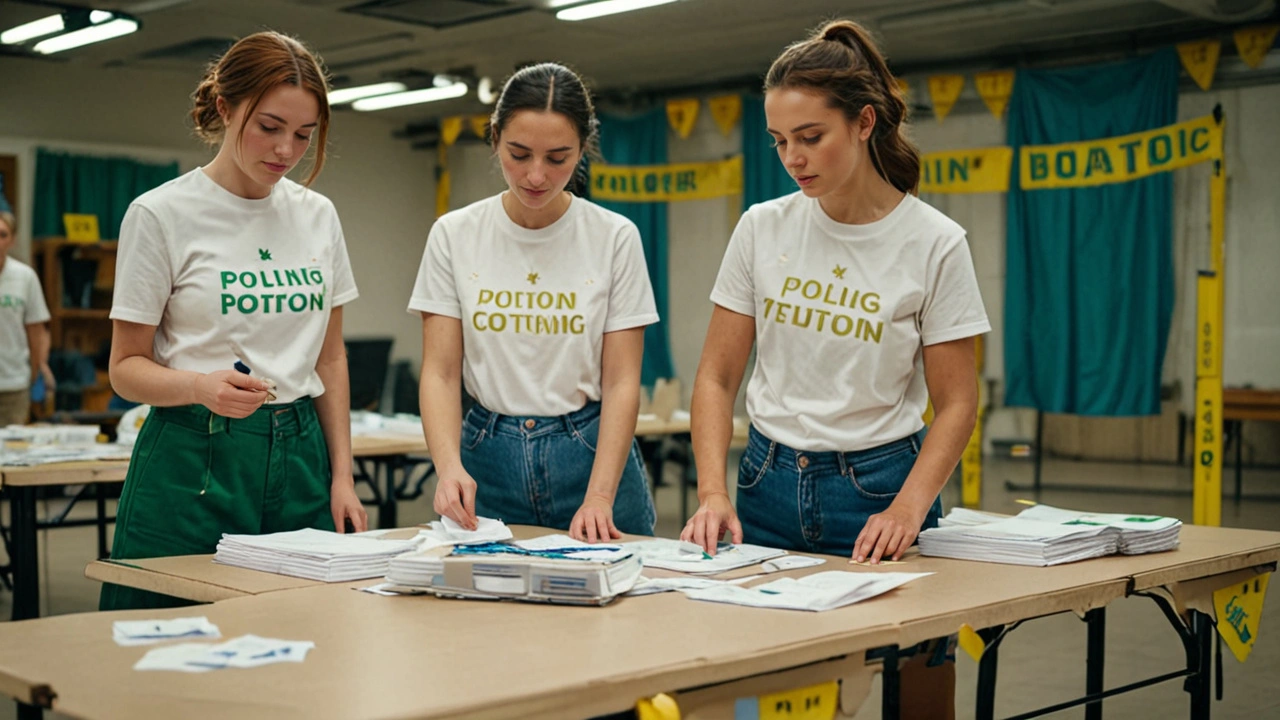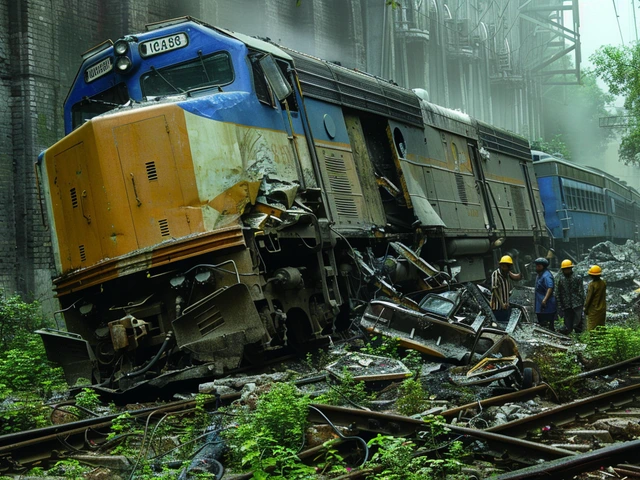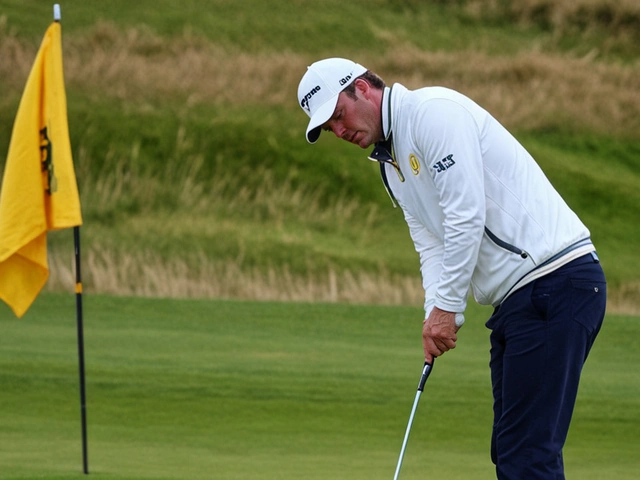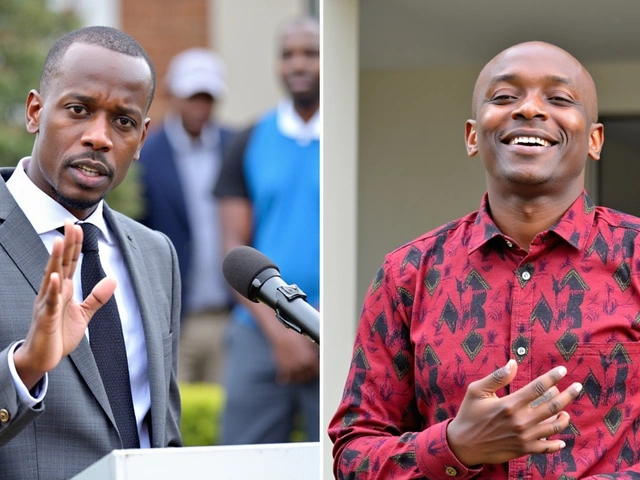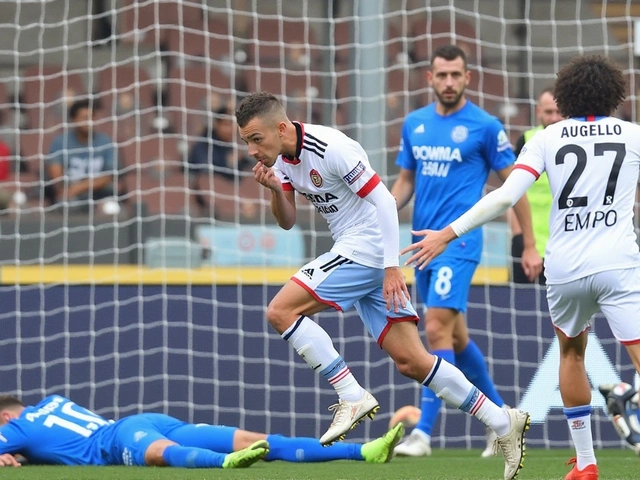Rwandan Politics: What’s Happening Right Now
Rwanda’s political landscape is fast‑moving, and keeping up can feel like a sprint. From presidential moves to new development plans, the country’s leaders are shaping policies that affect everyday life and the whole region. This guide breaks down the biggest stories, who’s in charge, and what they’re trying to achieve.
Who’s Running the Country?
President Paul Kagame has been at the helm since 2000. He’s known for pushing a strong central government and big projects in infrastructure and tech. The ruling party, the Rwanda Patriotic Front (RPF), dominates parliament and controls most of the decision‑making.
The cabinet is made up of ministers handling everything from health to agriculture. Recent reshuffles have put younger faces in key roles, signaling a push for fresh ideas while keeping the core leadership intact.
Key Political Issues Driving the Debate
One big topic right now is the upcoming election cycle. Although the next presidential vote is a few years away, opposition groups are testing the waters, demanding more space for dissent and a clearer electoral law. The government says it’s working on reforms, but critics say the changes are too slow.
Economic policy is another hot spot. Rwanda’s “Vision 2050” plan promises rapid growth, but it relies on heavy foreign investment. Recent talks with the EU and China focus on renewable energy, which could reshape the country’s power grid and create jobs.
Land rights and urban planning also spark intense discussion. Fast‑growing cities like Kigali need new housing, yet farmers worry about losing agricultural land. The government’s “Smart City” projects aim to blend tech with green spaces, but implementation challenges linger.
Human rights remain a point of contention. International observers note improvements in health and education, but they also flag concerns over press freedom and political imprisonment. NGOs are pushing for stronger legal protections, while the government argues that stability sometimes requires firm measures.
Regional diplomacy is shaping Rwanda’s role in East Africa. The country is a key player in the East African Community (EAC) and often mediates disputes in neighboring states. Trade agreements with Uganda and Tanzania are being renegotiated to boost cross‑border commerce.
All these issues intersect, meaning a policy shift in one area can ripple through the whole system. For example, a new tax incentive for tech startups may spur urban migration, which then pressures housing policy.
If you want to stay ahead of the curve, watch for three signals: (1) any cabinet reshuffle that brings new ministers to finance or security, (2) legislative drafts posted on the parliament website, and (3) statements from the RPF’s youth wing, which often signal upcoming policy pushes.
Bottom line: Rwanda’s politics blends steady leadership with a push for modernization. The country’s future will likely hinge on how well it balances rapid growth, democratic participation, and regional cooperation. Keep an eye on election reforms, economic projects, and human‑rights reports to gauge the direction of the next few years.
Rwanda's Kagame Seeks Fourth Term Amid Controversial Elections: Voter Expectations & Opposition Challenges
As Rwanda holds its presidential and parliamentary elections, President Paul Kagame is seeking a fourth term in office. Over nine million registered voters are casting their ballots amid claims of strict opposition restrictions. Kagame, a central figure since the 1994 genocide, faces independent candidate Philippe Mpayimana and Frank Habineza of the Democratic Green Party.
View More
